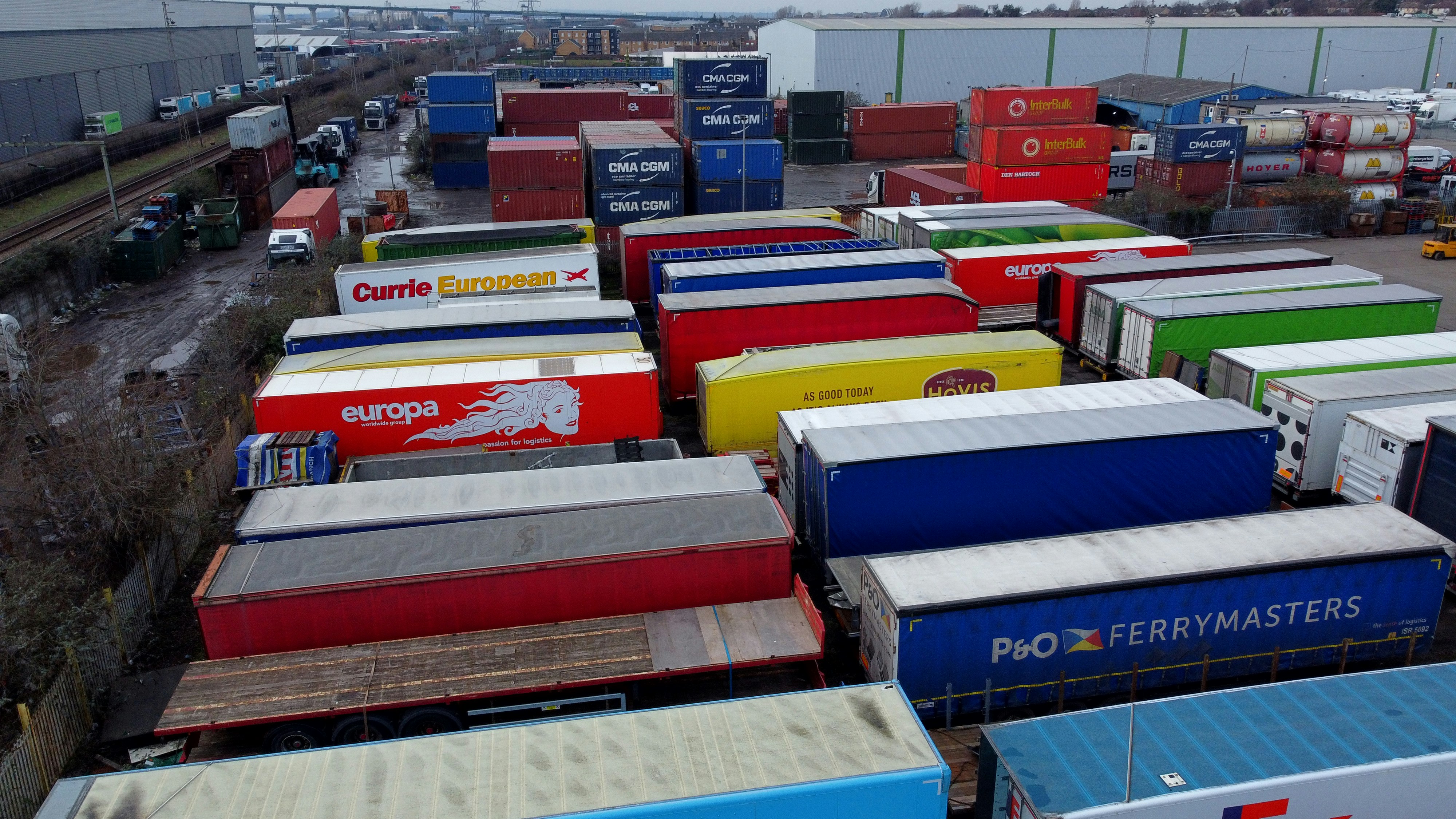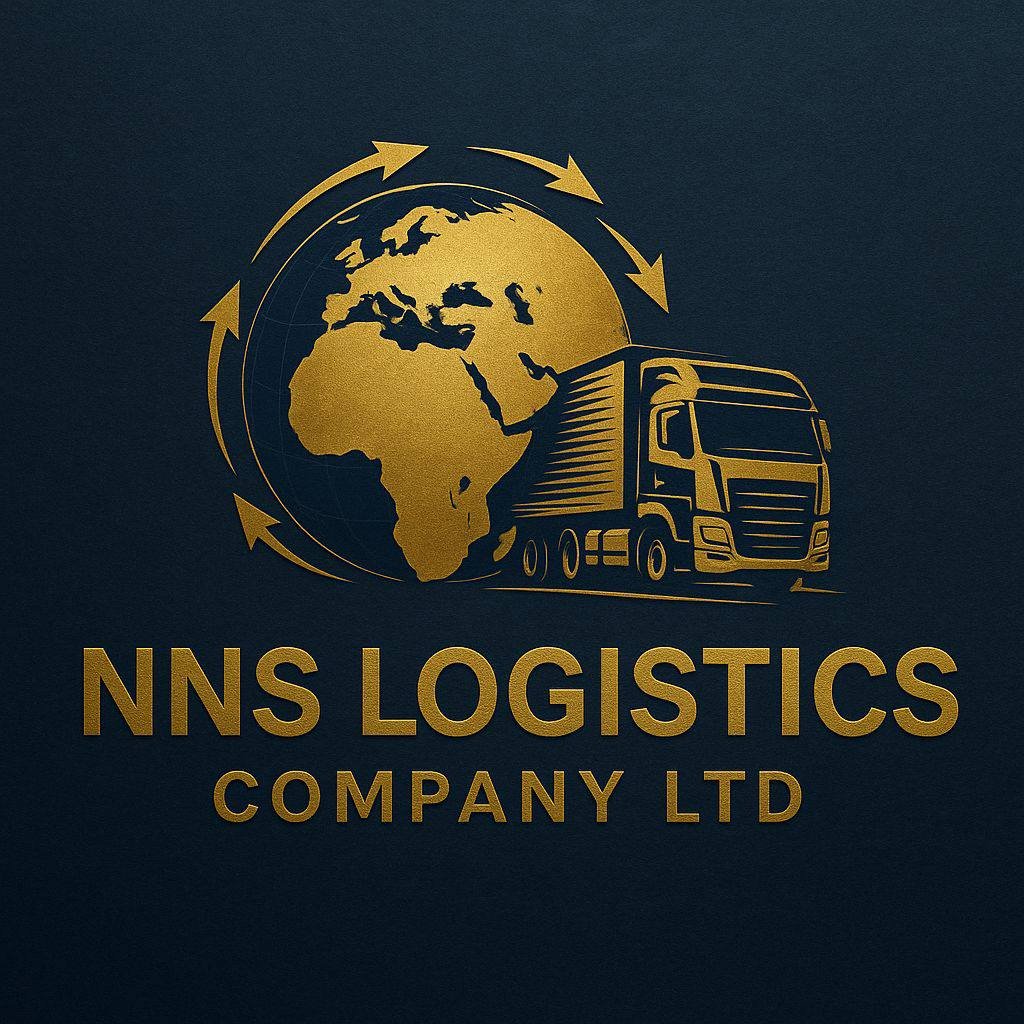
Understanding NNS Logistics and Its Unique Needs
NNS Logistics is a multifaceted logistics provider specializing in efficient transportation and supply chain management services. With an emphasis on delivering tailored solutions, NNS Logistics meets the demands of a global market keen on ensuring cargo safety and timely deliveries. Its core services encompass logistics management, transportation solutions, and robust supply chain strategies designed to optimize operational efficiency for clients across various industries.
In today’s digital era, establishing a strong online presence is paramount for any service provider, particularly for a company like NNS Logistics that operates on an international scale. A well-designed website acts as both a marketing tool and a communication platform, allowing NNS Logistics to showcase its extensive range of services. The website serves as the first point of contact for prospective clients, making it essential that it reflects the company’s professionalism and expertise. A comprehensive online platform enhances brand credibility, which is crucial in the competitive logistics market.
Understanding the target audience is instrumental in the development of an effective online presence. For NNS Logistics, potential customers include manufacturers, retailers, and other businesses requiring reliable logistics services. They seek transparency, efficiency, and innovative solutions, which can be readily communicated through an optimized website. By integrating essential features such as user-friendly navigation, informative content about services, and accessible contact information, NNS Logistics can attract and retain clients. Additionally, a tailored online strategy can promote lasting relationships, fostering trust within the logistics industry.
In light of these considerations, developing a professional AI-generated website for NNS Logistics is an initiative that not only meets the operational requirements of the company but also addresses the expectations of its diverse clientele.
Key Elements of a Modern, AI-Generated Website
Creating a modern, AI-generated website necessitates the careful consideration of several essential components. At the forefront of these elements is design aesthetics, which plays a critical role in shaping first impressions. A visually appealing design not only captures attention but also fosters brand credibility. Utilizing AI tools can aid in generating balanced color palettes, harmonious typography, and compelling imagery that resonate with the target audience.
Equally important is the website layout, which must be intuitive and well-structured. A clean layout guides users effortlessly through the site, facilitating information discovery and content access. This organization is vital for delivering a seamless user experience. AI-generated layouts can optimize spacing, alignment, and placement of calls to action, ultimately improving conversion rates.
Moreover, the significance of optimized navigation cannot be understated. Effective navigation enables users to find what they need quickly and efficiently, thereby reducing bounce rates. Including a clear menu structure, search functionality, and breadcrumbs can greatly enhance navigability. AI tools can also analyze user behavior to suggest navigation improvements based on actual usage patterns.
Responsiveness is another critical factor in modern website design. With the increasing prevalence of mobile device usage, a responsive design ensures that the website functions optimally across various screen sizes and resolutions. AI technologies facilitate this adaptability by automatically adjusting layouts and content presentation according to the viewing platform.
Furthermore, the role of clean coding and fast-loading pages cannot be overlooked. Efficient code minimizes issues and enhances performance, leading to quicker load times—an essential aspect of user experience. Research indicates that users are likely to abandon sites that take too long to load, which underscores the importance of prioritizing speed. Incorporating AI-driven optimizations can significantly contribute to both the coding efficiency and the website’s overall performance, driving user engagement effectively.
SEO Optimization and Building Trust Through Design
In the realm of digital marketing, Search Engine Optimization (SEO) serves as a cornerstone for enhancing a website’s visibility and accessibility. For NNS Logistics, implementing effective SEO strategies is crucial for attracting potential clients searching for logistics and supply chain services. The integration of relevant keywords throughout the website content is essential, as this increases the likelihood of appearing in search engine results. Keywords should be strategically placed within headings, subheadings, and body text, while maintaining a natural flow of information. This approach not only aids in search engine rankings but also ensures that the content remains engaging and informative for readers.
Furthermore, understanding search intent is vital. By researching and analyzing the terms clients use when seeking logistics solutions, NNS Logistics can tailor its content to address their needs. Long-tail keywords, which are more specific phrases, can often yield higher conversion rates as they target users who are closer to making a decision. In addition to keyword optimization, creating valuable content, such as blog posts on industry trends or guides related to logistics, can enhance the website’s authority and relevance.
However, driving traffic is just one part of the equation. Building trust through thoughtful web design is equally important. A professional design instills confidence in potential clients and encourages engagement. Incorporating testimonials and case studies prominently on the site can showcase past successes and create a sense of reliability. High-quality imagery that reflects the nature of logistics operations also plays a pivotal role, as it reinforces a brand’s professionalism. Together, these elements not only enhance user experience but foster trust and credibility with visitors, ultimately contributing to higher conversion rates and client retention for NNS Logistics.
The Importance of a Fast-Loading and Responsive Website
In today’s digital landscape, website loading speed plays a crucial role in retaining visitors and enhancing overall user experience. Research has consistently shown that users have little patience for slow-loading sites. In fact, according to Google, 53% of mobile users abandon a website that takes longer than three seconds to load. This statistic highlights the necessity for businesses, including NNS Logistics, to prioritize speed in their web development processes. A fast-loading website not only reduces bounce rates but also contributes significantly to improved SEO rankings, as search engines like Google consider page speed as a vital ranking factor.
Furthermore, the demand for responsiveness across various devices has never been greater. With the increasing prevalence of mobile browsing, a robust responsive design ensures that websites look and function optimally on smartphones, tablets, and desktops alike. A responsive website adapts to different screen sizes and orientations, providing a seamless user experience regardless of the device used. According to Statista, mobile devices accounted for over 55% of total global web traffic in recent years, indicating that neglecting mobile optimization could lead to lost opportunities for logistics providers like NNS Logistics.
The implications of site performance extend beyond user retention and SEO. A fast-loading and responsive website can lead to increased conversion rates, customer satisfaction, and ultimately, higher revenue. Users are more likely to engage with a platform that meets their expectations for speed and accessibility. By ensuring that the NNS Logistics website reflects these values, the company reinforces its commitment to excellent customer service and satisfaction, creating a positive impression that can significantly impact its reputation in the logistics industry.
